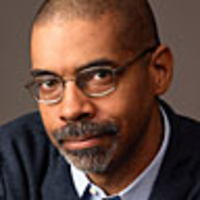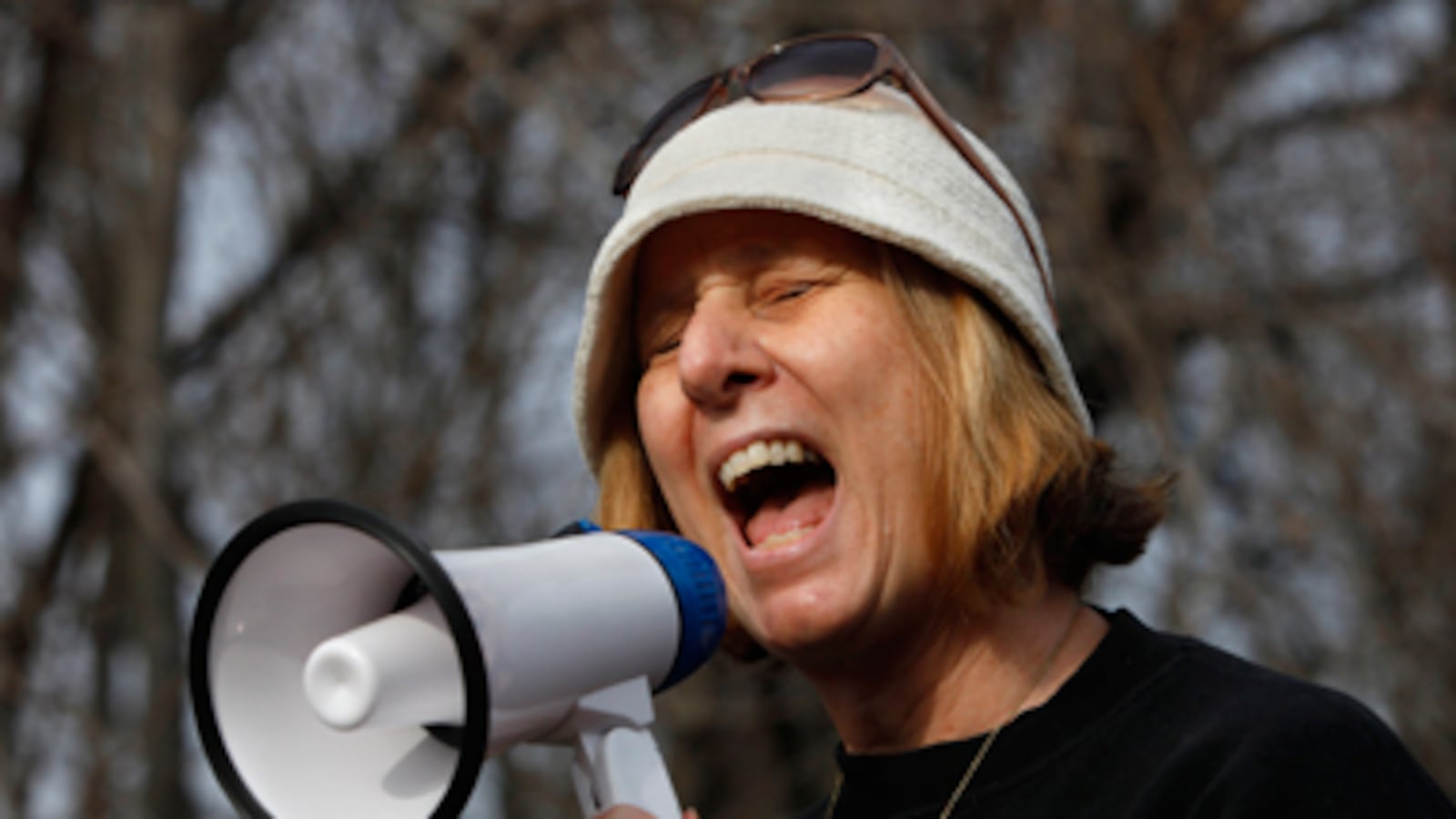Six years ago, we were in the midst of what might be referred to as the summer of Cindy Sheehan. You remember. Sheehan tragically lost a son in Iraq, and shortly thereafter denounced President George W. Bush as a war criminal. She led demonstrations. She camped out near Bush’s Texas ranch. The media adored her. When Sheehan was criticized, Maureen Dowd famously defended her in The New York Times with the assertion that because she had buried a son lost in the Iraq War, her “moral authority” was “absolute.”

We don’t read much about Cindy Sheehan’s antiwar activism these days, perhaps because her political utility has faded. Sheehan has railed against President Barack Obama as she did against Bush. The press, for the most part, has shrugged. She camped out at the Washington Monument and drew little coverage. At an antiwar demonstration last year, she called Obama “that war criminal in the White House.” A handful of media outlets dutifully reported her words, buried deep inside their coverage; whereas under Bush her activism would have been the lead.
I consider Sheehan’s attacks on Obama wrongheaded and reckless; I thought the same about her attacks on Bush. From the point of view of those who were once her champions, however, it is remarkable how swiftly, with the change of administrations, her absolute moral authority has vanished.
But Sheehan is still around. This past weekend, she addressed the Motherhood Institute in Toronto, and her themes were very much the same. I have not been able to find any press coverage of Sheehan’s keynote address, so the details I provide are culled from the speech as it appears on Sheehan’s own website. (The Institute, I should specify, does fine work, and is not responsible for the views of all those who take their stage.) On the basis of her remarks, I think it fair to say that Sheehan has not slowed down a bit.
In her Motherhood Institute address, she lambastes her fellow Americans for “falling for every obvious lie that spews forth from Obama and his co-conspirators in our Lamestream Media.” Her vitriol is not limited to the president: House Minority Leader Nancy Pelosi, who easily brushed aside Sheehan’s challenge to her congressional seat, is an “elite-militarist” who is “a friggin’ disaster for women and children around the world!”
With the Democrats back in power, Sheehan has turned out to possess the rare integrity of the true radical, sticking to her principles rather than adjusting them to political convenience.
Sheehan calls for “a peaceful takeover of the places where policy is made: corporations and governments,” and laments the unwillingness of her fellow Americans to get involved. Here things become interesting. Sheehan quotes but misunderstands this well-worn sentiment from the late French philosopher and theologian Jacques Ellul: “The goal of modern propaganda is no longer to transform opinion but to arouse an active and mythical belief.” This slight misquotation from Ellul’s brilliant monograph Propaganda has considerable currency on the left, but Sheehan, like many others who use the line, actually has his point backward.
True, Ellul decried the modern nation-state and the tame media that parrots the official line. Sheehan’s assertion of the “Mythocracy of an America that proclaimed itself, contrary to its reality, a shining example of freedom and democracy and opportunity” is the sort of description Ellul would have appreciated. Yet his work was ultimately prescriptive, not descriptive. His goal was to encourage radical movements to move people to great actions through myth-based rather than fact-based propaganda.
Too many would-be radicals, Ellul complained, settled for trying to change people’s minds in order to turn them into political reformers. But Ellul, a Christian anarchist who fundamentally rejected the notion of the nation-state, believed that it was the left that had to ignore inconvenient facts and find ways to set up “mythical” images of reality in order to move people to radical action. In other words, the arousal of “an active and mythical belief” was, for Ellul, not merely a characteristic of capitalism and the nation-state, but the proper goal of those who wanted to overthrow both.
The irony is that Cindy Sheehan herself was transformed briefly into one of those mythical images, the wounded mother-goddess, the tragic oracle possessing absolute moral authority. She became a component of the very propaganda machine at which she sneers. Perhaps she believed, in her open and honest way, that those who celebrated her wanted to delegitimize the wars being fought in America’s name. She was gulled. They wanted to use her only to delegitimize a president and win an election. With the Democrats back in power, Sheehan has turned out to possess the rare integrity of the true radical, sticking to her principles rather than adjusting them to political convenience. Nowadays, this is a rare and admirable quality. Like Ellul, Sheehan is interested less in winning elections than in changing how people think. But with her usefulness in electoral politics ended, those who once celebrated her have cast her aside.
Sheehan’s hero Jacques Ellul would have predicted this result. In his book Anarchy and Christianity he wrote: “No matter whether one votes for the left or the right, the situation is the same. ... The political game can produce no important changes in our society and we must radically refuse to take part in it.”
Today’s radicals do not seem to believe this; probably because they are not radicals at all, but vulgar partisans. Cindy Sheehan is as radical and feisty as they come; one need not agree with her message to admire her integrity.
Stephen L. Carter is the William Nelson Cromwell Professor of Law at Yale, where he has taught since 1982. His seven nonfiction books include God’s Name in Vain: The Wrongs. His first novel, The Emperor of Ocean Park (2002), spent 11 weeks on the New York Times bestseller list. His twelfth book, The Violence of Peace: America’s Wars in the Age of Obama, was published by Beast Books in January.





